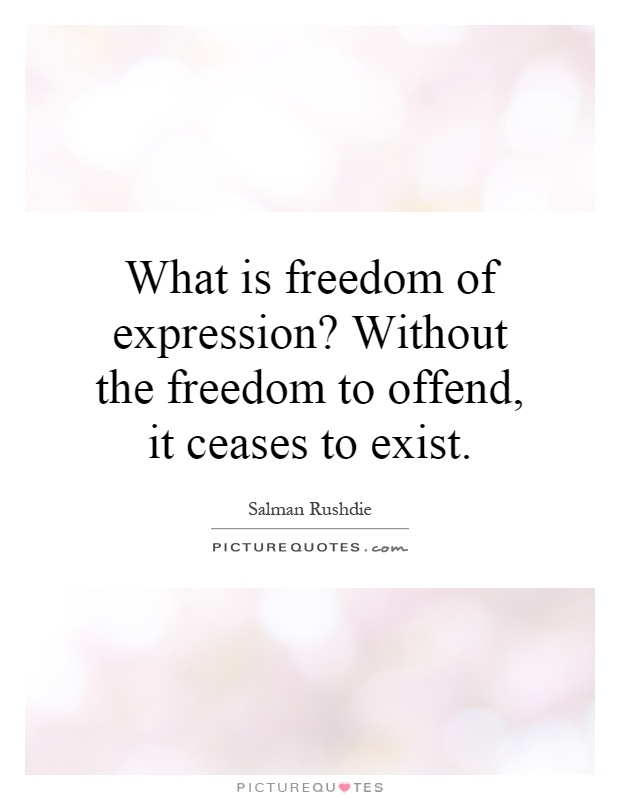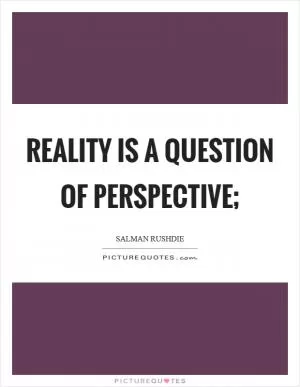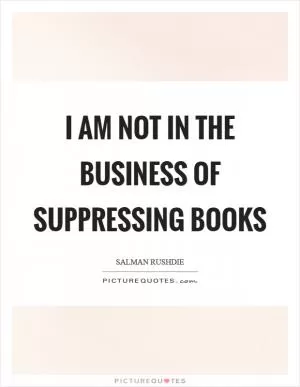What is freedom of expression? Without the freedom to offend, it ceases to exist

What is freedom of expression? Without the freedom to offend, it ceases to exist
Freedom of expression is a fundamental human right that allows individuals to express their thoughts, opinions, and beliefs without fear of censorship or retaliation. It is a cornerstone of democracy and a vital component of a free and open society. Without the freedom to offend, freedom of expression ceases to exist.One of the most prominent examples of the importance of freedom of expression and the freedom to offend is the case of Salman Rushdie. Rushdie is a British-Indian author who is best known for his novel "The Satanic Verses," which was published in 1988. The novel sparked widespread controversy and outrage among Muslims around the world due to its perceived blasphemous content.
Following the publication of "The Satanic Verses," Rushdie faced death threats, protests, and calls for his assassination from Islamic extremists who believed that the novel insulted the Prophet Muhammad and Islam. In 1989, the Supreme Leader of Iran, Ayatollah Ruhollah Khomeini, issued a fatwa calling for Rushdie's death, leading to years of living in hiding and under police protection.
The Rushdie affair highlighted the importance of defending freedom of expression, even when it offends or provokes. Rushdie's right to express his ideas and beliefs, no matter how controversial or offensive they may be, was fiercely defended by writers, intellectuals, and human rights activists around the world. The case also underscored the dangers of censorship and the suppression of dissenting voices in the name of religious or ideological sensitivities.












 Friendship Quotes
Friendship Quotes Love Quotes
Love Quotes Life Quotes
Life Quotes Funny Quotes
Funny Quotes Motivational Quotes
Motivational Quotes Inspirational Quotes
Inspirational Quotes